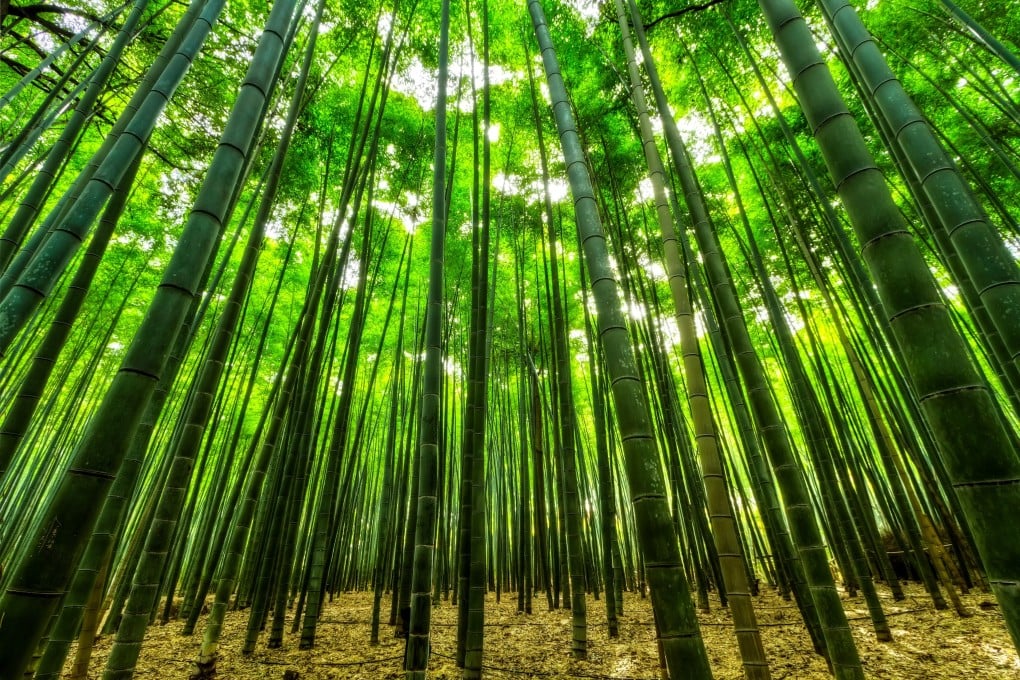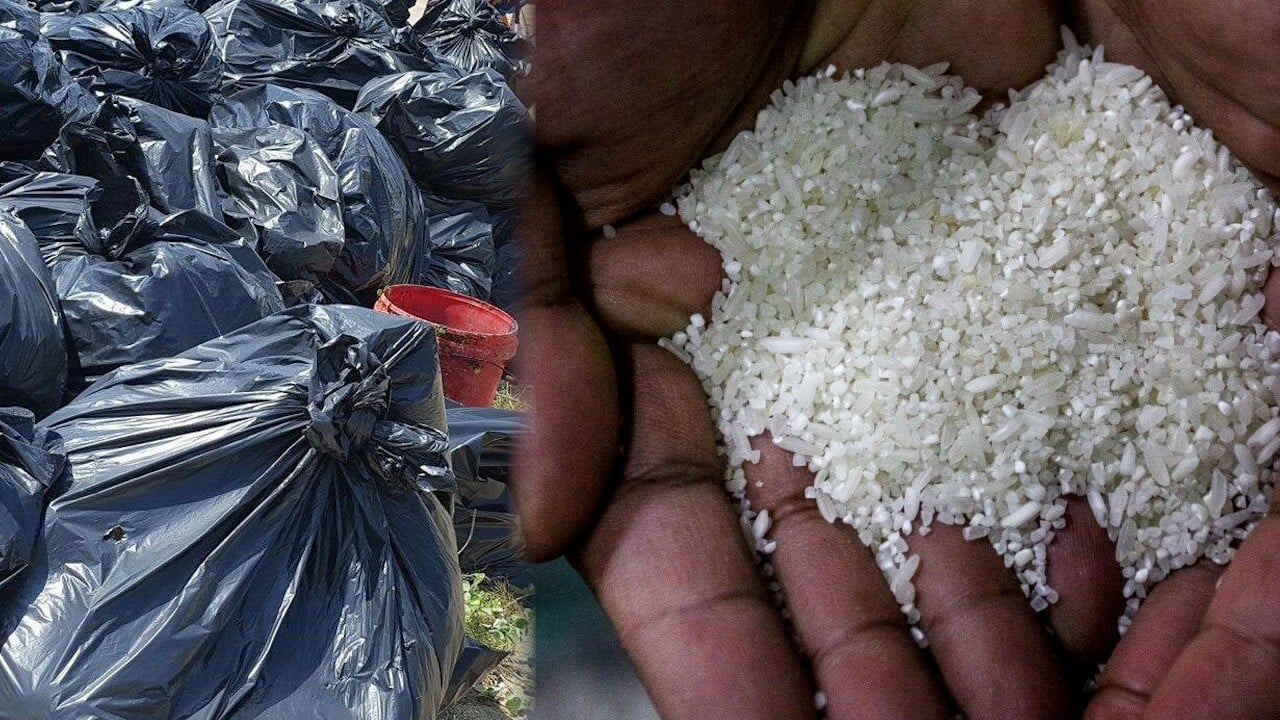Are China’s vast bamboo forests the answer to forever fossil plastics?
Chinese researchers say technique to ‘remodel’ the tall grass into plastic substitute could produce eco-friendly utensils, hats, phone cases

Plastic pollution has become a critical global concern, and the very slow biodegradation of traditional plastics has led to alarming accumulations of plastic waste in soil, waterways and even human bodies.
“Bamboo, known for its rapid growth, renewability, biodegradability, and eco-friendliness, is regarded as a promising substitute for plastics,” the researchers wrote in a paper published in the American Chemical Society’s peer-reviewed journal ACS NANO on August 20th.
But significant technical challenges have prevented the widespread adoption of bamboo as a substitute for everyday plastics.
The natural structure of bamboo cells means its “plasticity” and self-adhesive properties are much lower than traditional plastics, making it necessary to combine it with other materials such as starch. However, bamboo-starch composites have potential drawbacks, such as poor mechanical strength, water sensitivity and processing costs.
To make bamboo-based thermosetting plastic on an industrial scale, the researchers ground bamboo into powder and used eco-friendly chemicals to remove part of the lignin – the organic substance binding the cell structures, giving the stalks their rigidity – and disturb the structure of another cellular component in the cells.

